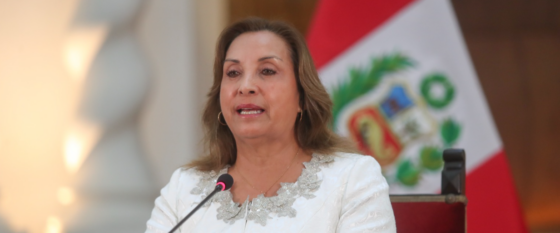
Can Peru’s Boluarte Survive an Illicit Enrichment Probe?
A Latin America Advisor Q&A featuring experts’ views on Peru’s Rolexgate.
A Latin America Advisor Q&A featuring experts’ views on Peru’s Rolexgate.
A Latin America Advisor Q&A featuring experts’ views on Guatemala’s presidential election.
In an interview with Esta Semana and Confidencial, Manuel Orozco, director of the Migration, Remittances, and Development program at the Inter-American Dialogue, spoke with Carlos F. Chamorro about the future of the remittance trends, migration from Nicaragua, the Nicaraguan economy, and the future of the Ortega regime.
Criminality is ubiquitous in Haitian officialdom. In fact, Haitian politics and government at all levels have become so enmeshed in and dependent on graft, gunrunning, drug smuggling, and gang violence that it is nearly impossible to disentangle them.
On December 9, 2022, the Inter-American Dialogue invited distinguished political scientist Jorge Castañeda Gutman for a conversation to discuss the state of democracy and opportunities for the region.
A Latin America Advisor Q&A on the challenges facing Peru’s new president, Dina Boluarte, following the ouster of her predecessor, Pedro Castillo.
Luiz Inácio “Lula” da Silva narrowly defeated his populist, right-wing opponent Jair Bolsonaro by just over 2 million votes in the second round of elections and will begin his third term as president of Brazil in January 2023. To explore what the election means for Brazilian politics, society, and foreign relations, the Inter-American Dialogue hosted an event titled “Brazil Elections – What’s Next?” on November 7, 2022.
Since March 2021, Haitian civil society has been working hard to develop innovative, local solutions to the country’s problems, including a blueprint for a Haitian-led transition that could well forge a new path for the country. For that plan to work, the changes will need to be profound and transformative, and the process of implementing them as inclusive and empowering, as possible.
Santiago Canton and Benjamin Gedan offered recommendations for how to increase transparency and combat corruption in Latin America in an article for the Georgetown Journal for International Affairs
Across the Americas, political leadership committed to greater collaboration to tackle health, social, economic, and political challenges has been sorely lacking. The Dialogue is pleased to present the 2022 Linowitz report “The Case for Renewed Cooperation in a Troubled Hemisphere,” which provides an analysis of the interrelated challenges facing the Western Hemisphere today and policy proposals to enhance collaboration across the hemisphere, all with an eye towards the Ninth Summit of the Americas.
On March 16, 2022, the Inter-American Dialogue hosted a conversation with Assistant Secretary Brian A. Nichols to discuss the Biden-Harris Administration’s efforts to tackle the root causes of migration from Central America to the United States. Michael Shifter, president of the Inter-American Dialogue, introduced the conversation, which was moderated by Manuel Orozco, director of the Migration, Remittances, and Development program at the Dialogue.
With elections coming up in 2022 in Brazil, Colombia and Costa Rica, which countries in Latin America and the Caribbean will be the political hot spots to watch next year? What political trends will be the strongest in the coming year, and what traits will countries’ political trajectories have in common? Is authoritarianism and polarization likely to worsen in the region in 2022, and what factors would influence that?
On April 21, 2021, the Inter-American Dialogue, Creative Associates International, and the International Organization on Migration hosted the online event Addressing the Root Causes of Migration from Central America to discuss trends in Central American migration alongside practical solutions for managing these flows and addressing the factors pressuring people to leave their homes.
A Latin America Advisor Q&A featuring experts’ viewpoints on the Supreme Court decision regarding former Brazilian President Lula.
On September 30, 2020, the Inter-American Dialogue hosted “Venezuela’s Humanitarian and Human Rights Crises-The Search for Innovative Responses” to discuss the current humanitarian situation as well as present the findings of the Dialogue’s Rule of Law Program’s report, Corruption and Crisis in Venezuela: Asset Repatriation for Humanitarian Relief.
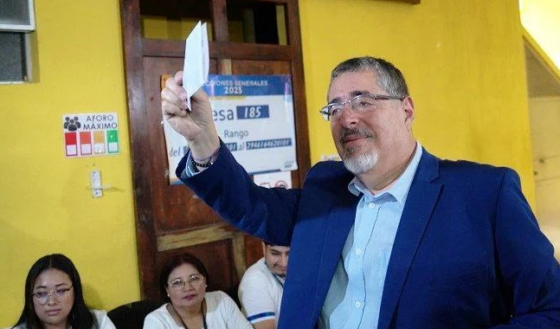
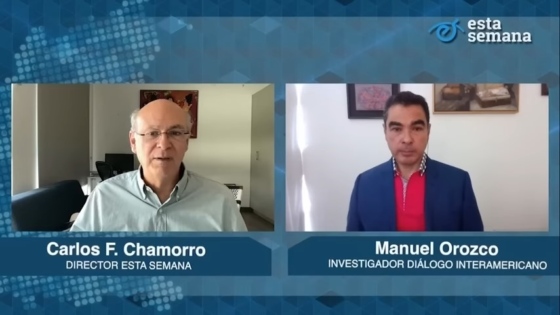
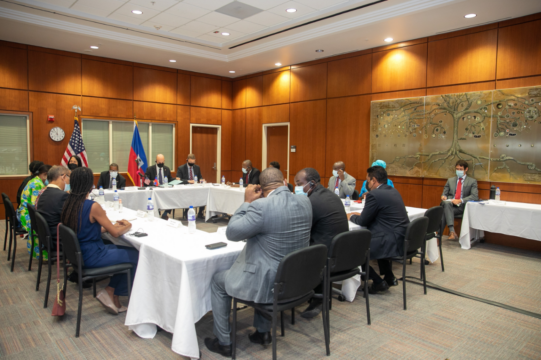
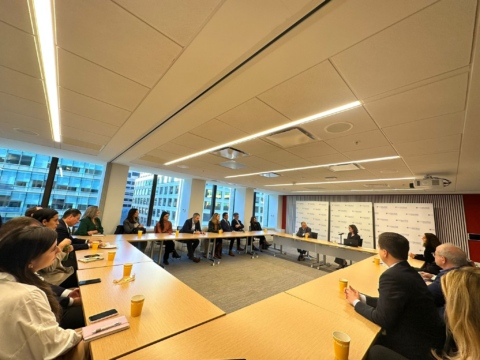 Video
Video
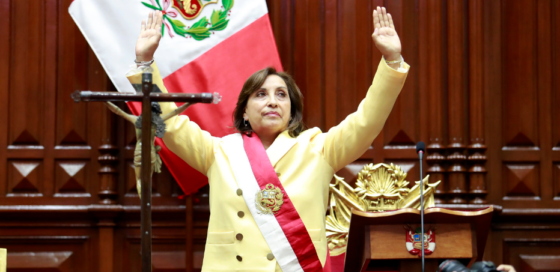
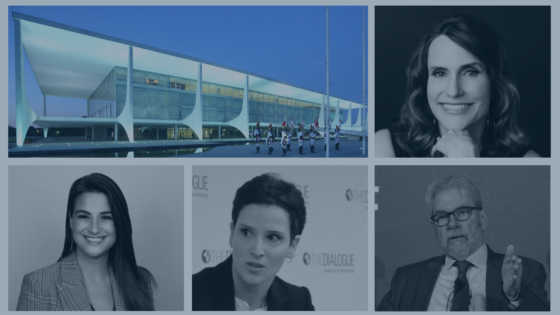 Video
Video
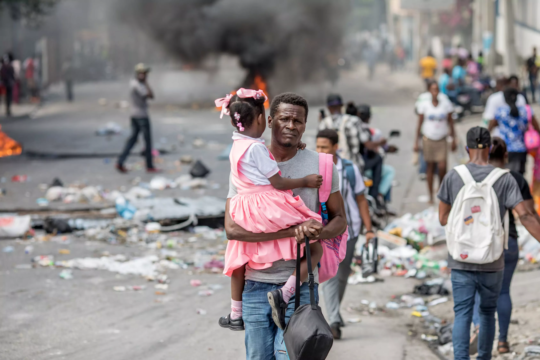
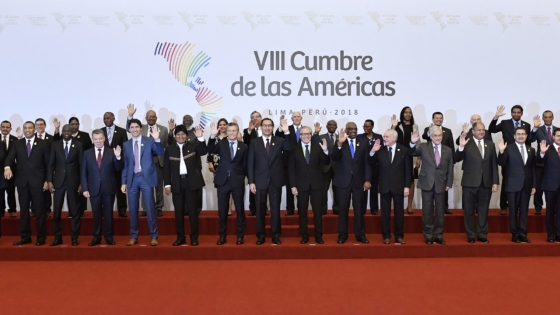
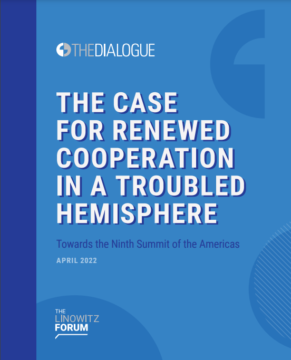
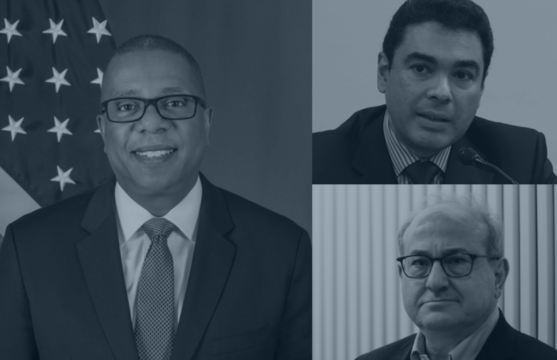 Video
Video
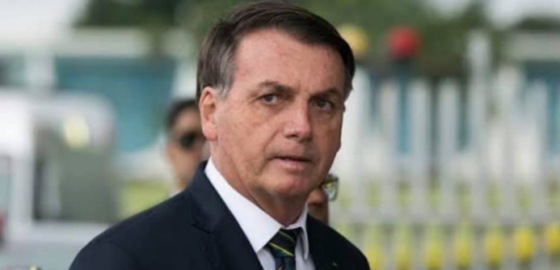
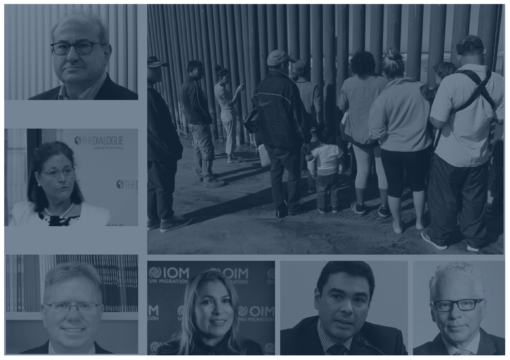 Video
Video
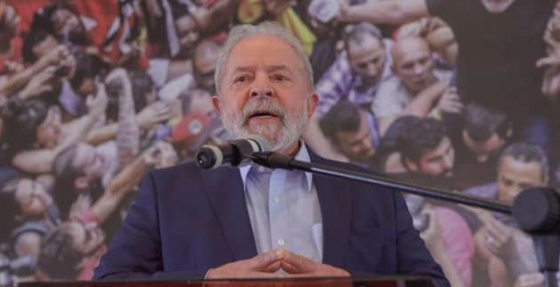
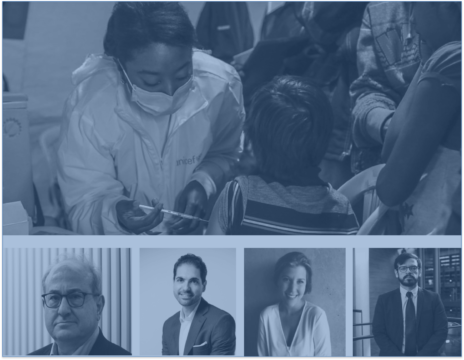 Video
Video